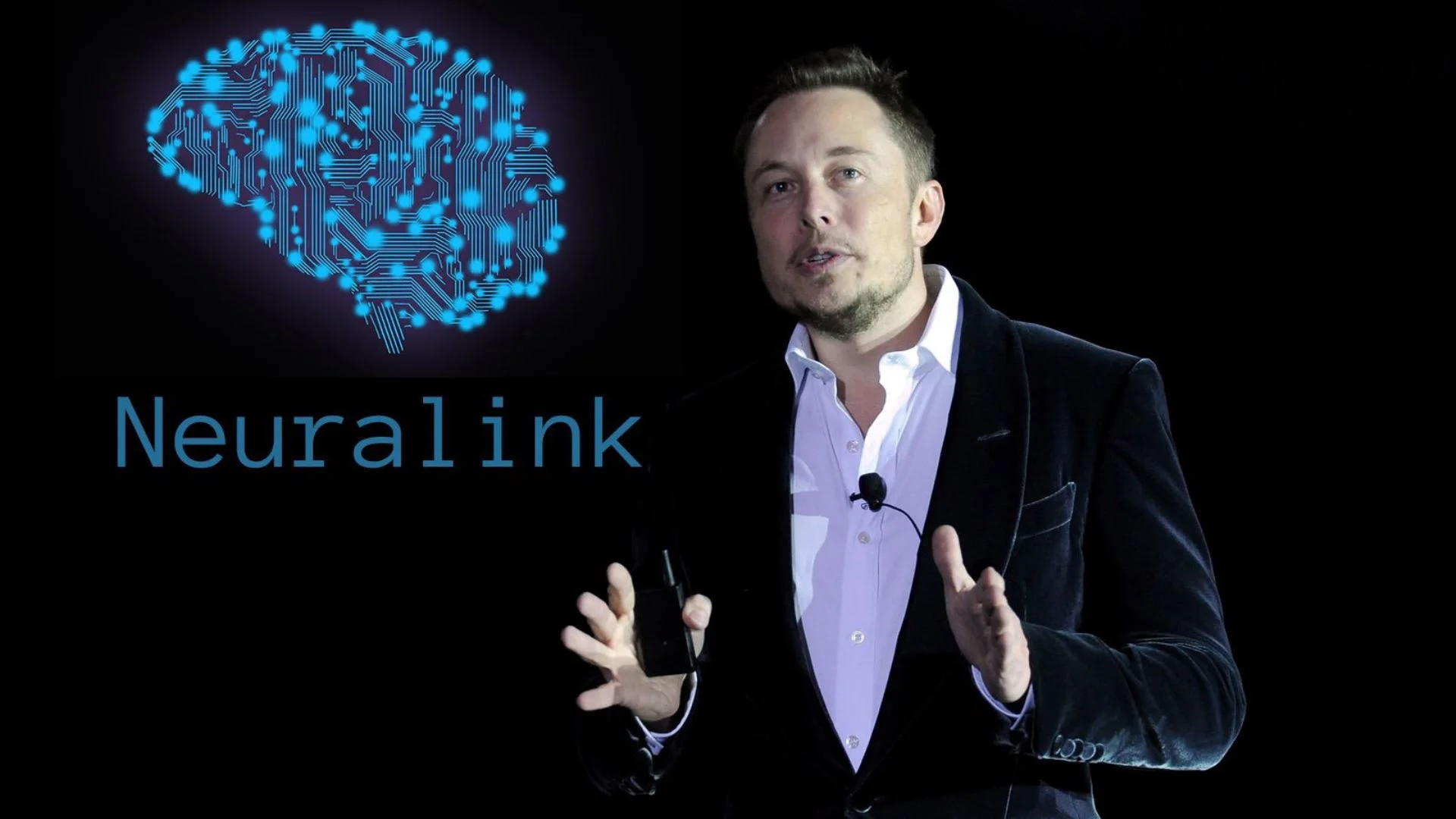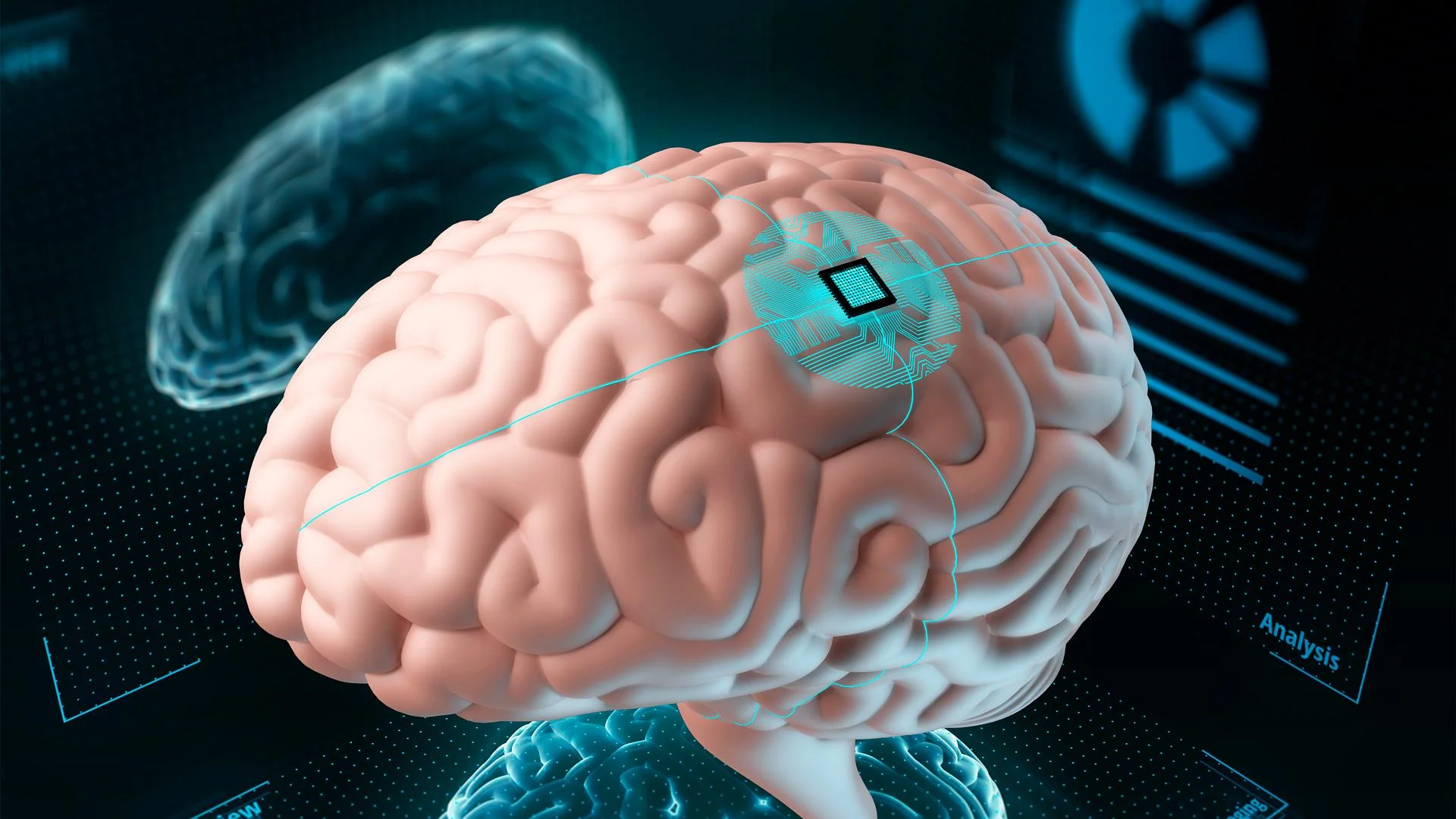Recruitment of volunteers for Elon Musk's brain implant test has begun

The neurotechnology company Neuralink, owned by Elon Musk, is ready to begin human brain implant testing and announced the recruitment of the first volunteers, as publicized on its official website.
Approval from the FDA for the clinical trials was received at the end of this spring, following the successful completion of experiments on animals, but they could begin to search for participants only after an independent ethics committee approved their exact number. The FDA considered it too dangerous to conduct trials on 10 test subjects at once, although it has not yet been specified exactly how many people will take part in the studies.

Patients with cervical spine injuries resulting in quadriplegia or those with amyotrophic lateral sclerosis can apply. It is assumed that the implanted chip will record, decipher and transmit brain signals to a special application that allows a person to literally control the computer keyboard and cursor with the power of thought and without physical influence, which will significantly increase the autonomy of such patients. The implant itself, which is based on threads thinner than a human hair, will remain invisible to outside observers.
The research will determine the safety and effectiveness of a brain implant and a robot designed to surgically install it in the area of the brain where a person’s intention to perform a particular movement is formed.
Despite warnings from experts that even in the best-case scenario, testing will take at least 6 years, and commercializing the implant operations to make them available to a wide range of patients will require almost twice as long, Musk is still encouraged and makes grandiose plans. In particular, he hopes to use implants to restore vision to he blind, treat autism and schizophrenia, fight depression and even obesity.
Approval from the FDA for the clinical trials was received at the end of this spring, following the successful completion of experiments on animals, but they could begin to search for participants only after an independent ethics committee approved their exact number. The FDA considered it too dangerous to conduct trials on 10 test subjects at once, although it has not yet been specified exactly how many people will take part in the studies.

Patients with cervical spine injuries resulting in quadriplegia or those with amyotrophic lateral sclerosis can apply. It is assumed that the implanted chip will record, decipher and transmit brain signals to a special application that allows a person to literally control the computer keyboard and cursor with the power of thought and without physical influence, which will significantly increase the autonomy of such patients. The implant itself, which is based on threads thinner than a human hair, will remain invisible to outside observers.
The research will determine the safety and effectiveness of a brain implant and a robot designed to surgically install it in the area of the brain where a person’s intention to perform a particular movement is formed.
Despite warnings from experts that even in the best-case scenario, testing will take at least 6 years, and commercializing the implant operations to make them available to a wide range of patients will require almost twice as long, Musk is still encouraged and makes grandiose plans. In particular, he hopes to use implants to restore vision to he blind, treat autism and schizophrenia, fight depression and even obesity.
Comments: 0